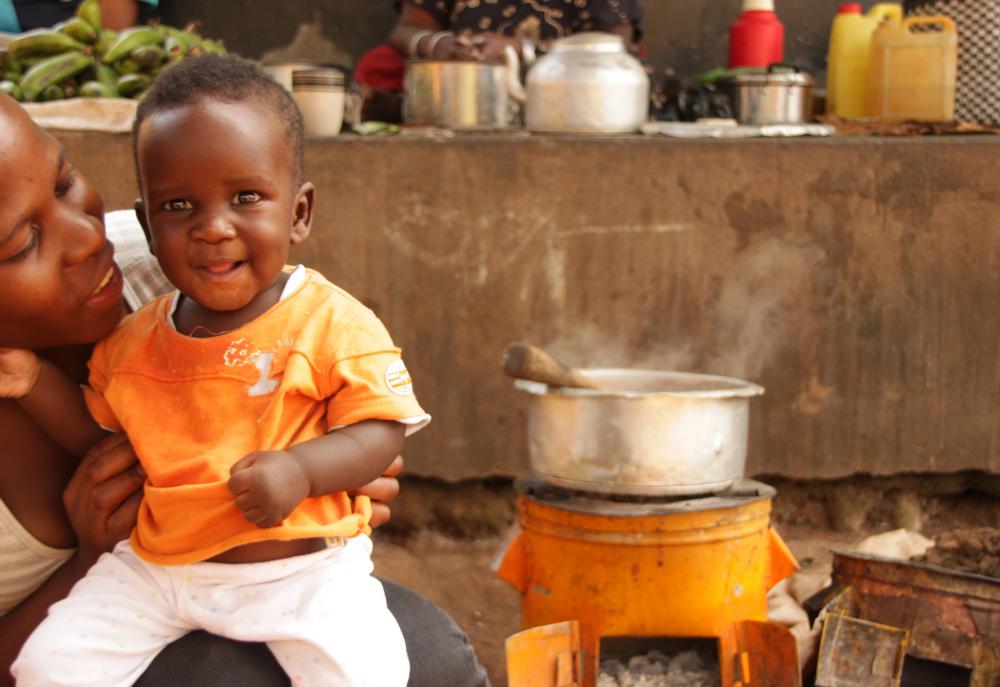
From Malawi to Minnesota, Climate Action for a Small World
On a hot August day in Malawi, I was sitting with Daniel Sandfolio, the manager of CMRTE Cooperative outside of the office, in view of racks of drying cassava roots that they will soon be processing. Daniel and I were discussing PFS projects and how they had affected his organization, especially the farmers that sustain it. Daniel mentioned challenges common to many of our clients such as access to finance, yet he surprised me by expressing concern about climate change and the increasingly dramatic weather events like drought and flood that can ravage a rural farming landscape. Smallholder farmers are the backbone of their cooperative. I wondered - how could PFS possibly tackle forces of this scale?
Flash forward to a mild October day in Minneapolis. I was walking the General Mills headquarters campus with PFS CEO Jeff Dykstra. Jeff and I, both being great lovers of the outdoors, discussed PFS’ impact on the environment. Our remote model is sustainable by nature and our office in the General Mills headquarters means we benefit from their focus on the reduction of energy consumption. I thought, there must be ways that we can reduce our impact on the environment. Our staff’s air travel seemed a natural focus area.
In 2019, the PFS team put 38 tons of carbon into the atmosphere through air travel to visit our clients and partners around the world. According to the EPA, it would take 49.6 acres of mature forest one year to reclaim these emissions. This is the energy equivalent to charging 4.85 million smartphones! Calculating PFS’ output was the easy part; deciding how to address it was entirely different.
I’m passionate about minimizing my own individual impact on the environment, but addressing carbon on an organizational level was something new for me. I found that it is common for organizations to purchase carbon offsets. Offsets are typically donations to projects that reduce future carbon outputs, therefore “offsetting” the carbon released by activities such as airline travel. Examples include reforestation projects, building biogas digester systems, and many others. These projects are verified by international bodies to have the impact they are claiming, typically carbon emissions prevented as a result of these projects.
With so many options, I looked for projects related to food processing and consumption in Africa. One project stood out: Cool Effect’s Affordable Cookstoves project in Uganda. It gives families access to a basic household necessity, a cookstove that is designed to use less fuel, like wood or coal. They save families hundreds of dollars per year in fuel costs. These stoves also limit the exposure to harmful open-fire cooking byproducts like smoke that is a leading cause of death in the developing world, especially of women and children. The project also creates economic opportunity in Uganda because the product is manufactured and distributed in-country.
By supporting this project, PFS offset 40 tons of carbon, equal to our 2019 air travel footprint, in a way that supports people and communities where our clients live and work. The cost was surprisingly low. We know that addressing climate change and ensuring a healthy environment for farmers and food processors is critical to our vision of food security in Africa. We are working to do our part.